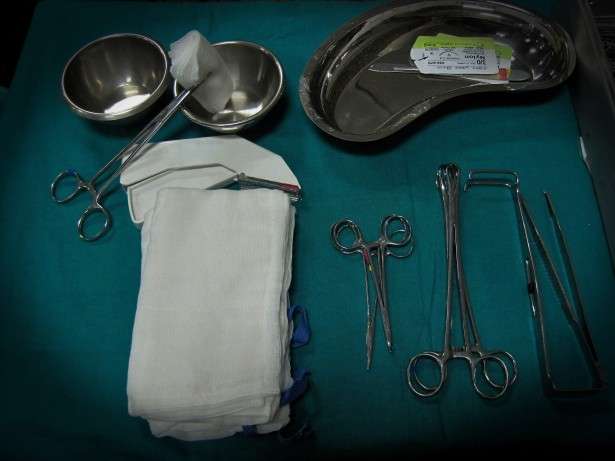Innovative Blood Test Detects HPV-Related Head and Neck Cancers Up to a Decade Before Symptoms Appear

A new blood test, HPV-DeepSeek, can identify HPV-associated head and neck cancers up to 10 years before symptoms appear, promising early detection and improved outcomes.
Human papillomavirus (HPV) is responsible for approximately 70% of head and neck cancers in the United States, making it the leading viral cause of such cancers, with incidence rates steadily rising annually. Unlike HPV-driven cervical cancers, there is currently no routine screening method for HPV-associated head and neck cancers. Consequently, individuals are often diagnosed only after tumors have reached a substantial size, causing noticeable symptoms and spreading to lymph nodes.
Recent advancements in detection technologies have opened new avenues for early diagnosis. A groundbreaking study published in the Journal of the National Cancer Institute highlights a novel liquid biopsy tool named HPV-DeepSeek. This method can identify the presence of HPV-related tumors in individuals who show no symptoms, potentially up to ten years before clinical diagnosis. Early detection through such screening could significantly improve treatment outcomes and reduce the intensity of interventions required.
The research was conducted by scientists at Mass General Brigham and conducted on blood samples from a biobank, involving individuals who later developed HPV-related head and neck cancer and healthy controls. The HPV-DeepSeek test utilizes whole-genome sequencing to detect tiny fragments of HPV DNA that break off from tumors and circulate in the bloodstream. The study found that the test correctly identified HPV tumor DNA in 22 out of 28 individuals who eventually developed cancer, with all controls testing negative, demonstrating high specificity.
Remarkably, the earliest detection in the study occurred approximately 7.8 years before the actual diagnosis. When applying machine learning algorithms, the test was capable of identifying 27 out of 28 cancer cases, including samples collected up to 10 years prior to diagnosis. This suggests a promising future for non-invasive, early cancer screening, enabling timely treatment that could vastly improve patient quality of life.
Lead researcher Dr. Daniel L. Faden emphasized that this approach marks a significant breakthrough, as it is the first to detect HPV-associated cancers so many years prior to diagnosis in asymptomatic individuals. Upcoming validation studies with larger sample sizes are underway, further confirming the potential of HPV-DeepSeek as a routine screening tool.
These findings suggest that this technology could revolutionize the management of HPV-related head and neck cancers, offering hope for earlier intervention and better prognosis for patients, ultimately saving lives by catching the disease at its earliest stages.
Stay Updated with Mia's Feed
Get the latest health & wellness insights delivered straight to your inbox.
Related Articles
Innovative Blood Test Promises Improved Early Detection of Alzheimer's in Underrepresented Groups
A new study highlights the potential of blood-based biomarkers to improve early Alzheimer’s detection among Hispanic and Latino populations, paving the way for accessible and scalable screening methods.
Advanced Multimodal Deep Learning Enhances Risk Prediction for Cervical Cancer Radiotherapy
A groundbreaking multimodal deep learning model significantly improves risk prediction in cervical cancer radiotherapy, enabling personalized treatment decisions and better outcomes.
How Humans Use Senses at a Distance to Detect Illness
A groundbreaking study reveals that people worldwide rely primarily on sight and hearing to detect illness in others while maintaining a safe distance, highlighting shared beliefs rooted in evolutionary survival strategies.
Video-Assisted Thoracoscopic Surgery Significantly Lowers Mortality in Early-Stage Lung Cancer Patients
Meta-analysis reveals that video-assisted thoracoscopic surgery (VATS) reduces mortality by 21% in early-stage lung cancer patients compared to traditional lobectomy, highlighting its growing role in surgical treatment.



